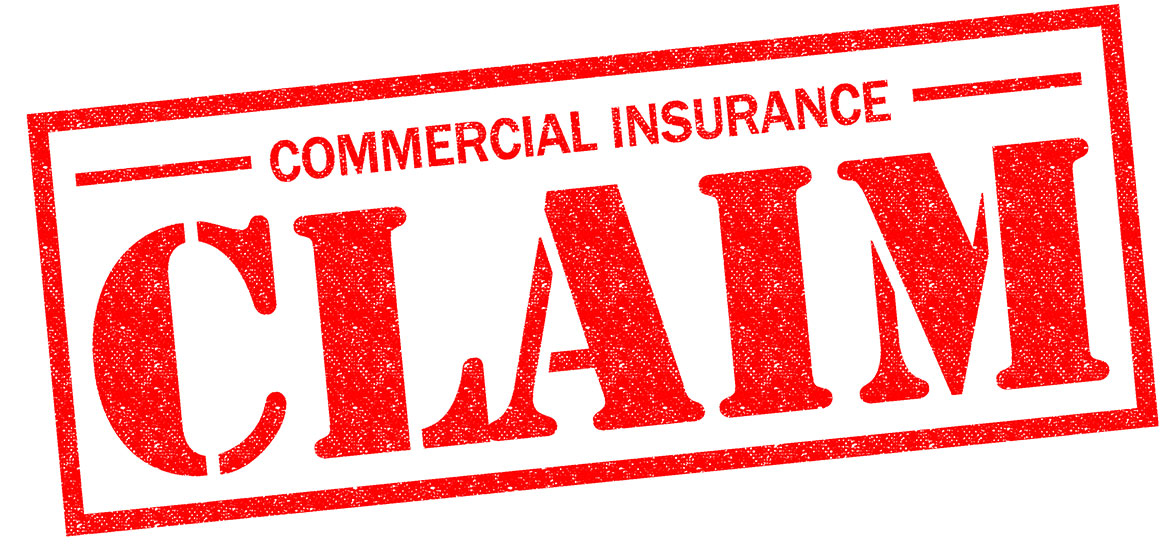Understanding Commercial Claims For Lightning Damage

Most commercial property insurance policies cover damages inflicted by a direct lightning strike, such as equipment damage or a fire. However, insurance policies may not insure damages caused by nearby lightning, non-lighting strike-related events, or some types of water damage without the right types of coverage. Here is a better way to understand commercial claims for lightning damage.
Costly Lightning Damage to Commercial Buildings
Over 20 million cloud-to-ground lightning strikes happen each year in the United States. Each one generates enough energy/heat to transform sand into glass! A bolt of lightning may strike trees, private or rental homes, factories, or utility units. These events cost about $1 billion in annual property damage losses.
Most lightning strike insurance claims report damage arising from the following:
Fires
On contact, a lightning strike can ignite a fire. With nearly anything within reach, it can cause huge damage in a matter of seconds. Commercial fire insurance may insure fires that come from lightning. But coverage for smoke damage or water damage from firefighting attempts may vary.
Electrical Damage
Lightning can severely damage any plugged-in electronics, badly shredding the electrical fixtures and setup of your business. The power surge from a lightning strike can deliver a potent electric current into electronics, ruining or damaging circuit boards. Electrical damage to devices can render the warranty invalid, resulting in huge repair costs.
Indirect Effects
A bolt of lightning can inflict major damage even when it does not strike directly with a commercial property. Lightning can strike a tree next to a building, dropping heavy branches on roofs or through windows. A strike to the electric fence around a property can pass through the ground, causing the loss of local livestock. It also means fence replacement, in all likelihood. Even when the lightning strike happens far away from your building, it can disrupt electrical lines or wireless communication, interrupting your company operations.
A lightning bolt can strike on the ground, pass 3 miles to hit a conductor, and transmit a power surge to business cables or wires. The power surge can cause extensive damage – i.e., IT program malfunction, data erasure, and electrical fires.
When It’s Time To File A Claim, Hire a Public Adjuster
If your commercial building has experienced lightning damage of some sort, as soon as possible, file an insurance claim. Time may be of the essence.
Insurance companies will send out their own adjusters to assess the damage. To protect your assets, however, it’s in your best interest to hire your own public adjuster. That’s where we, at Stone Claims, come in. Our highly experienced experts use forensics and the latest technology to provide not just an assessment, but the following benefits that come with hiring a public adjuster:
- Your best interests are what the adjuster has at heart
- Valuable time can be saved
- Claims may be resolved faster
- On your behalf, the adjuster will negotiate
- You’ll be less stressed during the claim process
- You are not required to make an upfront payment
- A higher settlement offer is far more likely
- … and more
The Stone Claims team operates and is licensed in Tennessee, South Carolina, Pennsylvania, Oregon, Mississippi, Maryland, Louisiana, Georgia, Florida, Delaware, Virginia, Texas, Oklahoma, North Carolina, New Jersey, Nebraska, and Colorado.
Keep this very important thought in mind: Insurance adjusters work for insurance companies. We work for you. We fight for fairness.
For a free claim review, please contact us at 1-800-892-1116. You can email us at office@stoneclaims.com if you like. Or you can use our convenient online form. Fill it out, send it in, and we’ll get back to you.